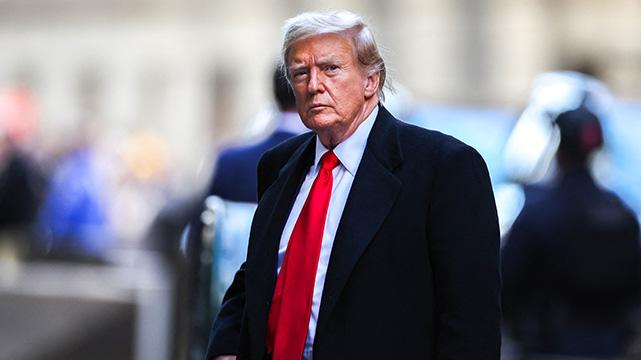Attorneys for former President Donald Trump submitted a notice to the U.S. District Court for the Southern District of Florida alerting Judge Aileen Cannon that a late May or early June trial is “no longer workable.”
President Trump now faces an April 15 criminal trial in New York, a date set earlier this week; it will be the first time in the nation’s history a sitting or former president has been criminally tried. Manhattan District Attorney Alvin Bragg is prosecuting President Trump on 34 counts of allegedly falsifying business records, related to an alleged payment scheme to kill unfavorable news stories during the 2016 elections.





